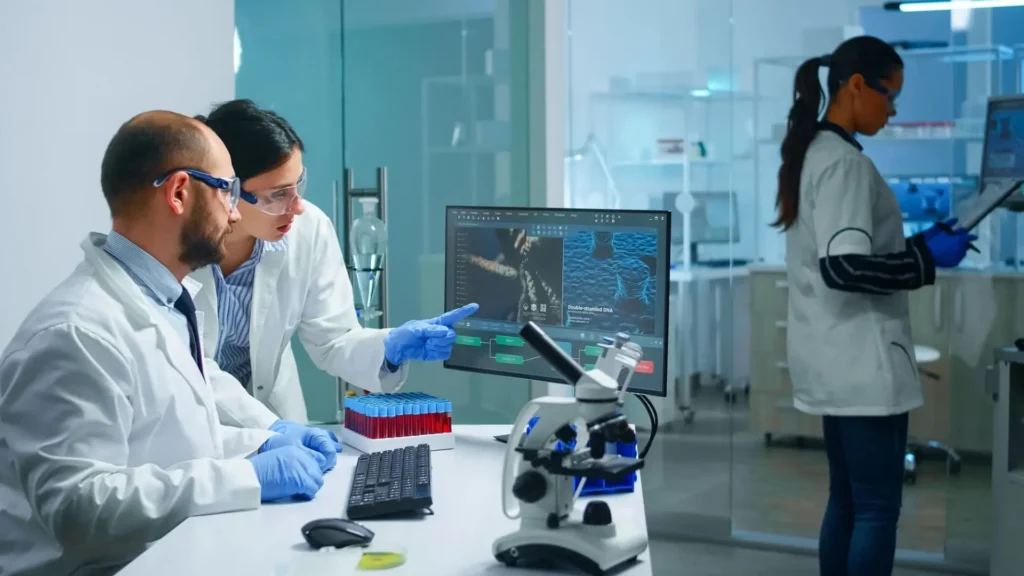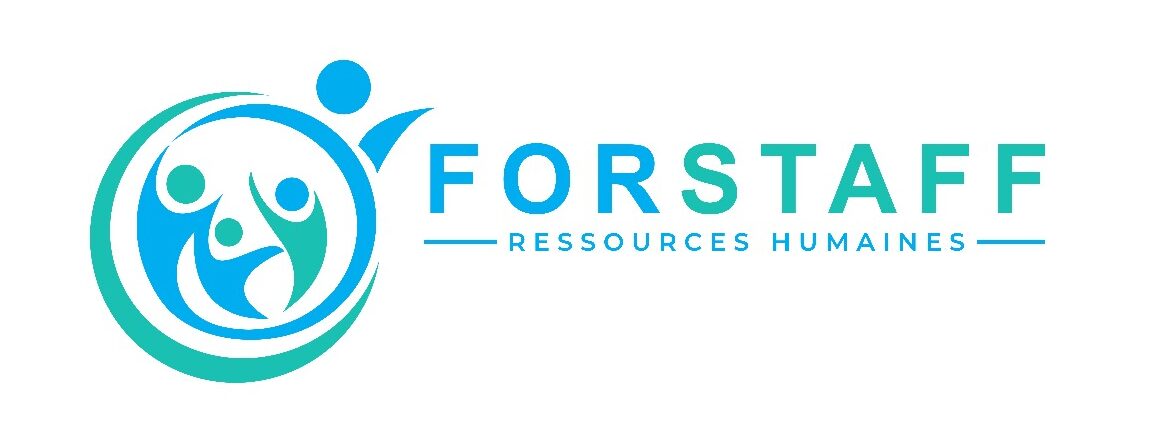Technological innovations in medicine
Today, technological innovations in medicine are pushing back the frontiers of what we once thought possible. Research and development in this field have led to impressive breakthroughs in diagnosis, treatment and healthcare management. Thanks to the ingenuity of scientists and engineers in Canada and around the world, modern medicine is rapidly evolving to meet the growing needs of our society and improve patients’ quality of life.
This article looks at three of the most promising medical innovations. Whether it’s artificial intelligence, surgical robots, or cutting-edge biotechnology, these advances are redefining the future of medical care and showing how science continues to surprise us.

Artificial Intelligence (AI) in Medical Diagnostics
Artificial intelligence is one of the most striking technologies in the healthcare field. Using machine learning algorithms, AI is capable of rapidly analyzing millions of pieces of medical data, identifying patterns that doctors might sometimes fail to detect with the naked eye. In particular, AI has been very useful in the analysis of medical imagery, such as X-rays, MRIs and CT scans, facilitating the diagnosis of various diseases, including cancer.
One example of the use of AI in diagnostics is in the early detection of breast cancer. Researchers have developed algorithms capable of analyzing mammograms with impressive accuracy, reducing the risk of false positives or false negatives. By enabling faster, more accurate detection, AI is helping to save lives by facilitating earlier, more effective treatment.
Canada, in particular, is at the forefront of this technology. Institutions such as the University of Toronto and the Terry Fox Research Institute are dedicated to the development of AI for healthcare. These innovative projects offer immense potential for tomorrow’s healthcare, bringing more personalized and precise solutions.
Robotic Surgery: Increased Precision
Robotic surgery is another area where technology is transforming modern medicine. Surgical robots enable doctors to perform complex operations with greater precision and dexterity, often far beyond human capabilities. The Da Vinci system, one of the best-known surgical robots, is used in hospitals around the world for minimally invasive procedures.
These surgical robots offer several advantages. Firstly, they enable smaller incisions, reducing the risk of infection and recovery times for patients. Secondly, robots are able to filter out the tremors of the human hand, making the surgeon’s movements more precise. Finally, they enable doctors to perform certain procedures remotely, paving the way for telesurgery, an advance that could revolutionize access to care in remote areas.
Canada has enthusiastically embraced this technology, notably for procedures in urology, cardiology and gynecology. Many Canadian medical centers are investing in training surgeons in the use of surgical robots, reinforcing the country’s position as a leader in advanced healthcare technologies.
Biotechnology and Regenerative Medicine
Biotechnology, in particular regenerative medicine, represents a major advance in the treatment of diseases previously considered incurable. Regenerative medicine is based on the use of stem cells and other biomaterials to repair or replace damaged tissues and organs. This technology offers hope for patients suffering from degenerative diseases such as Parkinson’s, or those who have suffered serious injuries such as spinal cord injuries.
Cellular and gene therapies, as well as 3D printing of tissues, are among the most revolutionary innovations in this field. For example, 3D printing of human skin or cartilage to treat severe burns or joint damage is under development in several Canadian research laboratories. Researchers are also optimistic about the potential of this technology to create artificial organs from a patient’s own cells, which could reduce the risk of rejection and eliminate the need for donors.
Canada is a key player in this field. Institutes such as the University of Ottawa’s Centre for Regenerative Medicine and the CCRM (Centre for Commercialization of Regenerative Medicine) network are pushing back the frontiers of biotechnology. Canadian work in this field is recognized worldwide, paving the way for innovative treatments that could transform the lives of thousands of patients in the years to come.
Challenges and prospects: Growing but responsible adoption
Thanks to these technological innovations, the future of medicine is moving towards increasingly personalized care. AI, for example, makes it possible to develop treatments tailored to each patient’s genetic profile, while regenerative medicine offers tailor-made solutions for tissue and organ replacement. Robotic surgery, meanwhile, enables doctors to offer quality care, even at a distance, opening up new prospects for healthcare in remote areas or in emergencies.
Medical technologies in Canada continue to develop and improve, supported by policies of investment in research and innovation. The Canadian government and healthcare institutions continue to promote these technological advances to meet citizens’ needs, improve access to care, and reduce healthcare costs.
The Impact of Technology on Healthcare: Towards Personalized Medicine
While these advances are promising, they also pose significant challenges, particularly in terms of regulation, data security and ethics. The integration of AI into medical diagnostics, for example, raises questions about the confidentiality of patient information and the risk of potential errors due to algorithmic bias. Similarly, robotic surgery requires extensive training for surgeons and rigorous standards to ensure patient safety.
As a leader in healthcare innovation, Canada takes these challenges seriously. Regulatory bodies, research centers and healthcare professionals are working closely together to ensure the responsible and ethical adoption of these technologies. Medical ethics committees, such as that of the Canadian Medical Association, establish guidelines for the safe use of these innovations.
Conclusion: A Promising Future for Modern Medicine
Technological innovations in medicine are changing the game for patients and healthcare professionals alike. More precise diagnoses, less invasive interventions and personalized treatments are no longer science fiction, but a rapidly evolving reality. Whether through artificial intelligence, robotics or biotechnologies, the future of medicine seems resolutely focused on more effective, accessible and humane healthcare solutions.
Canada, with its cutting-edge research centers and commitment to innovation, remains at the forefront of these transformations. The joint efforts of researchers, engineers and healthcare institutions are opening up new avenues for a more efficient, patient-centred healthcare system.
By embracing these technologies and tackling the associated challenges, Canada continues to position itself as a leader in innovative healthcare, ready to meet the challenges of tomorrow.



